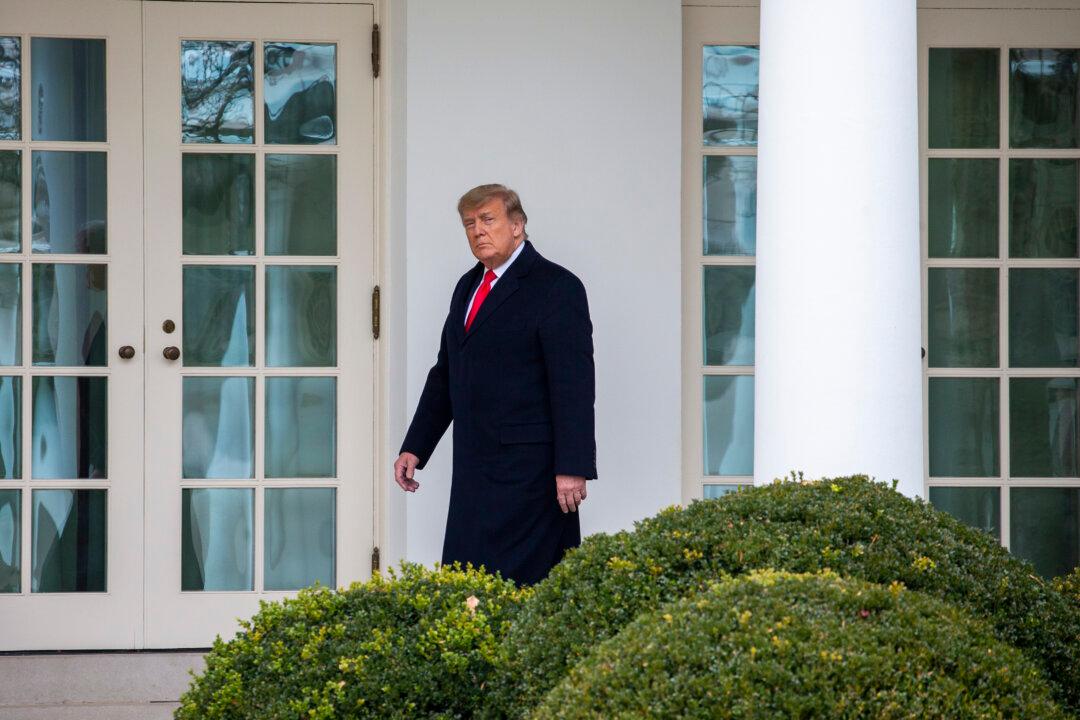President Donald Trump late Thursday said Americans are supportive of Sen. Josh Hawley (R-Mo.) and the roughly three dozen House of Representatives members who plan on objecting to electoral votes in the upcoming joint session of Congress.
“America is proud of Josh and the many others who are joining him. The USA cannot have fraudulent elections!” Trump wrote in a tweet.





